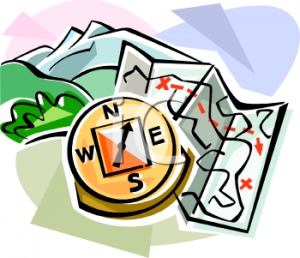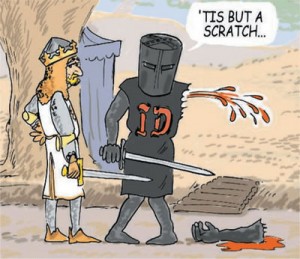Ever had your heart broke? Or lost someone you love? Or been in a traumatic accident? Or been scared witless? Or held your baby for the first time? Or got married? Or any host of circumstances where you felt an emotion strongly, so strong that even remembering it causes your heart to race or your skin to get goosebumps? Method actors use sense memory to recreate an emotion they can tap into for acting scenes. I’m going to suggest that writers do the same thing. It’s not the only way – but it is one way.
If we can connect with our emotions to write a better scene, I think we should. Not gonna say it can’t be exhausting, but then it depends on the emotion – right? Being really in tune with our feelings is not always easy, remembering difficult ones – even harder. But, if I can make a reader cry because my character is sad over a loss, then I am doing my job. 
When I read, I read to feel a certain emotion. David Wolverton/Farland said (and I’m paraphrasing) that we like genre fiction because of the emotions it brings out in us and they are mostly named for the sense of what they inspire in us – SciFi/Fantasy – a sense of wonder, romance – romance, mystery/suspense – a thrill of suspense….and so on…. Seems obvious, right? But, I’ll admit I hadn’t thought of it until he said it. And, I have to be in the right mood to read a certain genre. And, I have to know what the genre is before starting or I will have an incorrect set of promises to be kept by the writer.
As a tangent – ever start reading something expecting one thing and then it doesn’t meet your expectations? Every time this has happened to me, it was because the rules of the genre weren’t being met. We make contracts with our readers (again paraphrasing Dave and others) by identifying with a genre.
 When I read romance, I better know right away who my hero and heroine (h/h) are and no matter the ups and downs (required) they have to go through they better end up in love at the end. That’s what I expect when I pick up a romance and that’s what I better get or I am going to be one unhappy camper.
When I read romance, I better know right away who my hero and heroine (h/h) are and no matter the ups and downs (required) they have to go through they better end up in love at the end. That’s what I expect when I pick up a romance and that’s what I better get or I am going to be one unhappy camper.
Each genre has their own specific rules or expectations and we, as writers, need to follow them in order to keep our readers reading. Tangent over.
Now – why are these emotions so important and why would I want to relive potentially painful memories in order to write? Because if I can remember how I felt living that emotion, I may be better able to convey it to my reader. I write romance, so when the h/h are having troubles and are feeling sad or angry over those troubles, I need to have my reader identifying with that sadness or anger. I want them to cry or ball up their fists alongside the character. I want them to laugh or get turned on right beside the character. The emotion should resonate with them. No matter what that emotion is.






